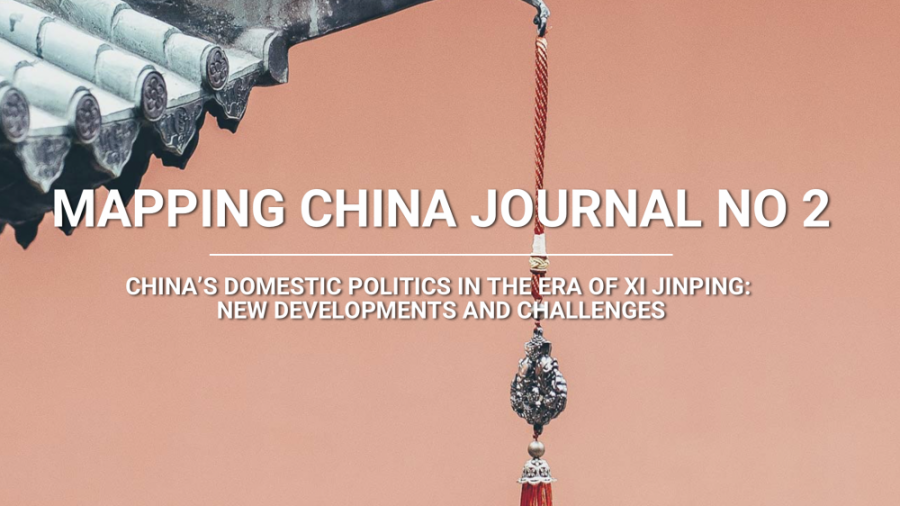General Call for Student/PhD Papers on China The double-blind peer-reviewed Mapping China Journal (founded in 2017) is publishing a general Call for Papers for all interested students and early stage PhD researchers working on China. For the 2019 editio ...
Launch Of The Mapping China Journal No 2
After months of hard work the second volume of the Mapping China Journal is online just in time to have a quiet read over the holidays. We want to thank all contributors spending hours proofreading, fact-checking and layouting, as well as the authors w ...
Recap: The First Mapping China Summer School
From 10 September to 14 September, we were holding the first Mapping China Summer School on the topic of “Research Design and Research Methodology” in Berlin. For one week, eight participants ranging from Master to PhD level with different academic backgr ...
Betraying Big Brother: The Feminist Awakening in China by Leta Hong Fincher
by Straton Papagianneas In this book, Dr. Leta Hong Fincher (Leftover Women) documents the conflict between the Chinese government’s unprecedented crackdown on young feminist activists and the emergence of a broader feminist awakening that is beginning t ...
Call for Applications: Mapping China Summer School 2018
Call for Applications Mapping China Summer School 2018: Research Design and Research Methodology 10th to 14th September 2018 in Berlin Background: Formulated in positive terms, area studies are marked by methodological pluralism. Formulated in ...
The China Model: Political Meritocracy and the Limits of Democracy
Study Group Review of Daniel A. Bell The first pick of our newly started Study Group was Daniel A. Bell’s “The China Model”. The Reading Group aka the China nerd book club, aims to read a book on or out of China – both fiction and academic – every six we ...
Mapping China Team Blog #6
A lot has happened since we last updated you guys! We met in Berlin again in April, discussed new projects, celebrated a birthday, had strategic meetings with mastermind Whiskey (see the pictures) and might or might not have had too much Chinese food again. Have a read on what we have been up to in the last few months below.
Becoming a Verein
We handed in all the documents still missing by the beginning of this year and are proud to be able to finally offer you to become a Mapping China member! You can now also donate and receive a Spendenbescheinigung/donation receipt if you like what we do.
As a member, you can officially attend all of our members’ meetings. More importantly: You’ll receive a little something from us as a welcome gift and you will receive a monthly members’ exclusive newsletter. The yearly fee for students is 12 Euros, 24 for all non-students or those that prefer to give a little more.
...Resources for Mapping China’s Participation and Contribution in Asian Regional Cooperation
Part II Mapping Academic Scholarship on Regionalism by Aya Adachi For studying China’s behavioural pattern in regionalism it is useful to draw lessons from general work on comparative regionalism as well as scholarship on Asian specific regionalism. It ...
The geopolitics of China in Latin America in Donald Trump’s era
by Miquel Vila In the dawn of Donald Trump’s administration’s protectionist turn, many commentators have turned their eyes to China as the new champion of globalization. One scenario in which China could surpass the US in commercial terms could take plac ...
Moving beyond power and tightened control
Two months after the Two Sessions in March, it might be interesting to revisit two key developments: the first one being the massive government restructuring and the second being the constitutional status given to the National Supervision Commission. Together, they are a manifestation of increased and tighter control over the entire government structure. The former’s aim is to make the Chinese government better structured, more efficient and service-oriented. The changes are immense; it is safe to say that governance will actually become more inefficient before it gets better as local departments get used to the new structure. The latter’s aim is to expand anti-corruption jurisdiction beyond party officials. In this sense, one could speak of a significant erosion between party and state.
...






